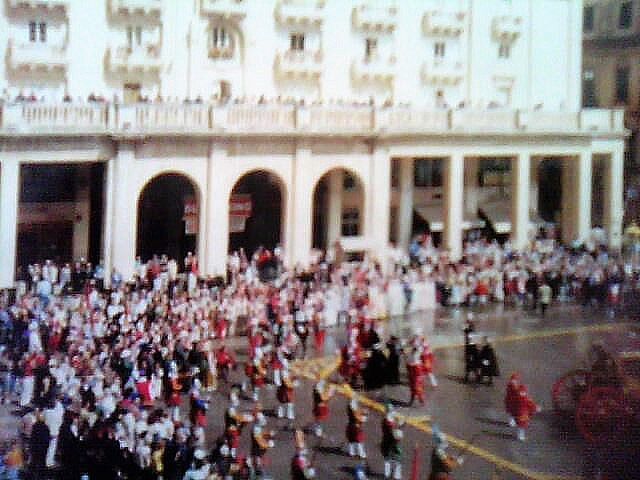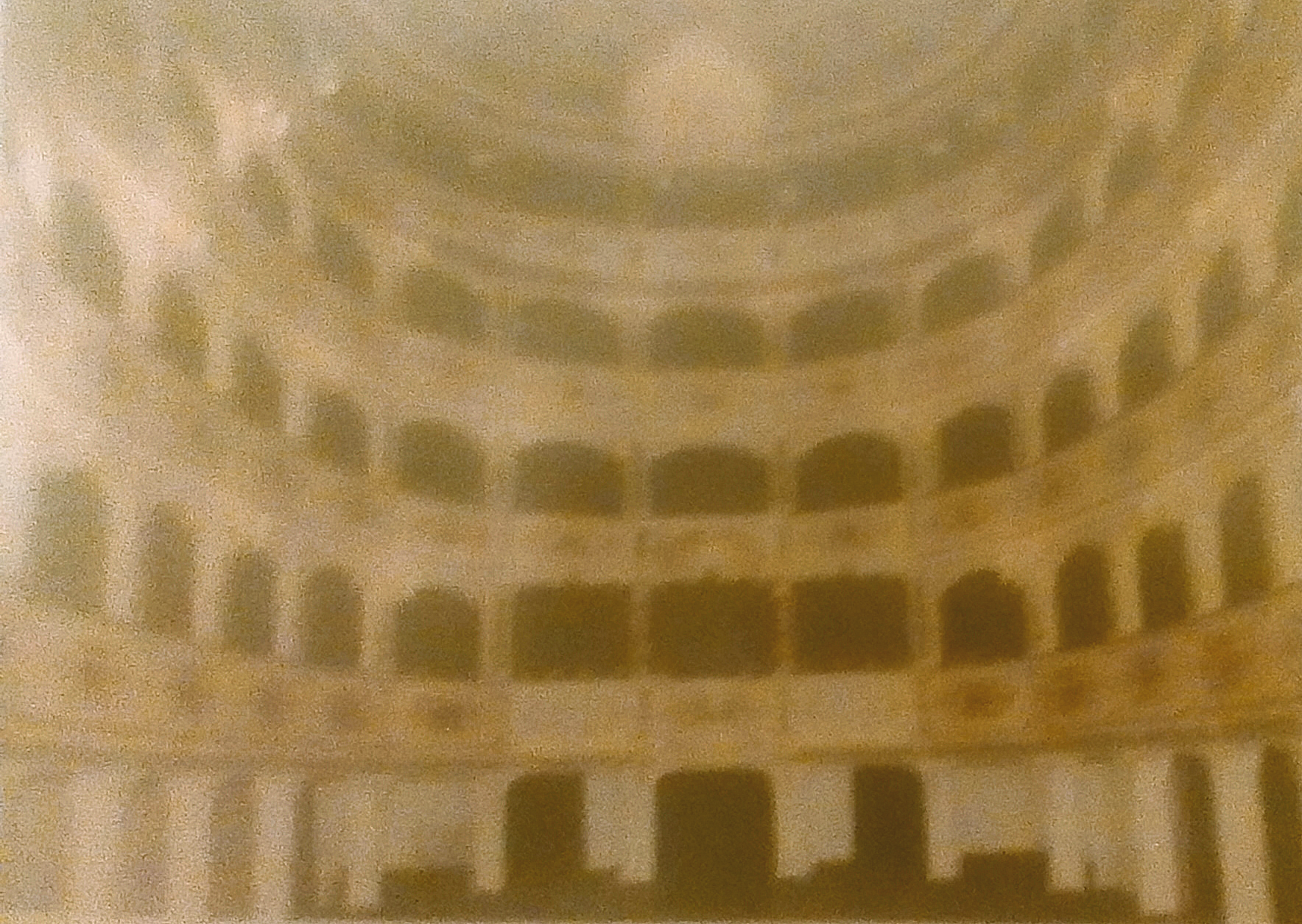Hinting at a Union with a variable geometry, Malta’s parliamentary secretary for the EU presidency Ian Borg said the EU needs to be flexible to cater for the disparate needs of member states and restore belief in the European project. “It is about time to address the notion that one size and model fits all shapes,” Borg said, speaking at an event in Brussels where he presented the priorities for the presidency.
For the first time since its accession in 2004, Malta assumes the six-month rotating presidency of the EU on 1 January. During the first half of 2017, the UK is expected to invoke Article 50, while the Dutch and French are voting for new governments. Addressing the fear and inequality felt by Europeans who think that national responses on migration, security and the economy are more effective will be a top priority for the island country, the Maltese said.
Balancing act
If the EU succeeded in its fundamental principles, Borg conceded, mentioning half a century of peace, security and prosperity, a new sense of vision and in-built flexibility needs to be defined to help the project to withstand unprecedented challenges. On 3 February, Malta will host a summit to continue the discussion that started in Bratislava and pave the way towards building a new vision for the Union ahead of the 60th anniversary of the Treaty of Rome in March. “This should be a new momentum and a platform to rebuild trust in the EU project in a viable and sustainable way,” Borg added, insisting on a seriously fragile balance between flexibility “which should be too loose” andan intransigent rigidity that undermines the integration process.
Building bridges
After meeting European Commission President Jean-Claude Juncker, Maltese Prime Minister Joseph Muscat echoed the same discourse and argued that his government did not have any delusions of grandeur with respect to the presidency, and would be focusing on getting things done and making sure that Europe progresses on the issues that matter. “We are natural bridge builders, and we want to try and work out compromises that will allow us to move forward in the future,” said Muscat, stressing that the next six months will not be only about Brexit and migration. “There is a lot of other work that needs to be done to improve the livelihood of our people. We need to make what we say more understandable to people wherever they are from Vilnius to Valletta,” said Muscat.
Borg insisted that the deficit of citizens’ credibility was often the result of a deficit in the implementation of decisions. “We need to have the courage to review and reform when we need to do so and to remove, or improve stagnant concepts and thinking,” Borg added, though rebutting the option of a complete redesign of Europe. Opening up the treaties which have taken years to hammer out would be folly, he said, diverting energy that can be better used to tackle the fundamental issues. The economic crisis, Brexit, migration, security and terrorism have ‘traumatised’ the European project, the Maltese pointed out. “These crisis should not detract us from continuing the European agenda and project, but rather provide a window of opportunity to build a stronger, more competitive and social Europe.
Beyond social inclusion, migration, security, maritime policy and the single market, the small Mediterranean country is planning to focus on the Neighbourhood policy. On Brexit, the Maltese parliamentary secretary sent a message to London, saying the four freedoms could not be disengaged from each other. “We should take a pragmatic approach to negotiations and this should lead to fair, clear, swift solutions.” After meeting the Maltese premier, Juncker said he was convinced that the island’s presidency will be a successful one, as the small country will not be putting domestic concerns at the top of its agenda. He said that he did not hope for results, but expected them. |

